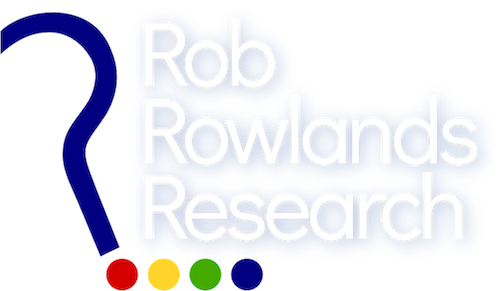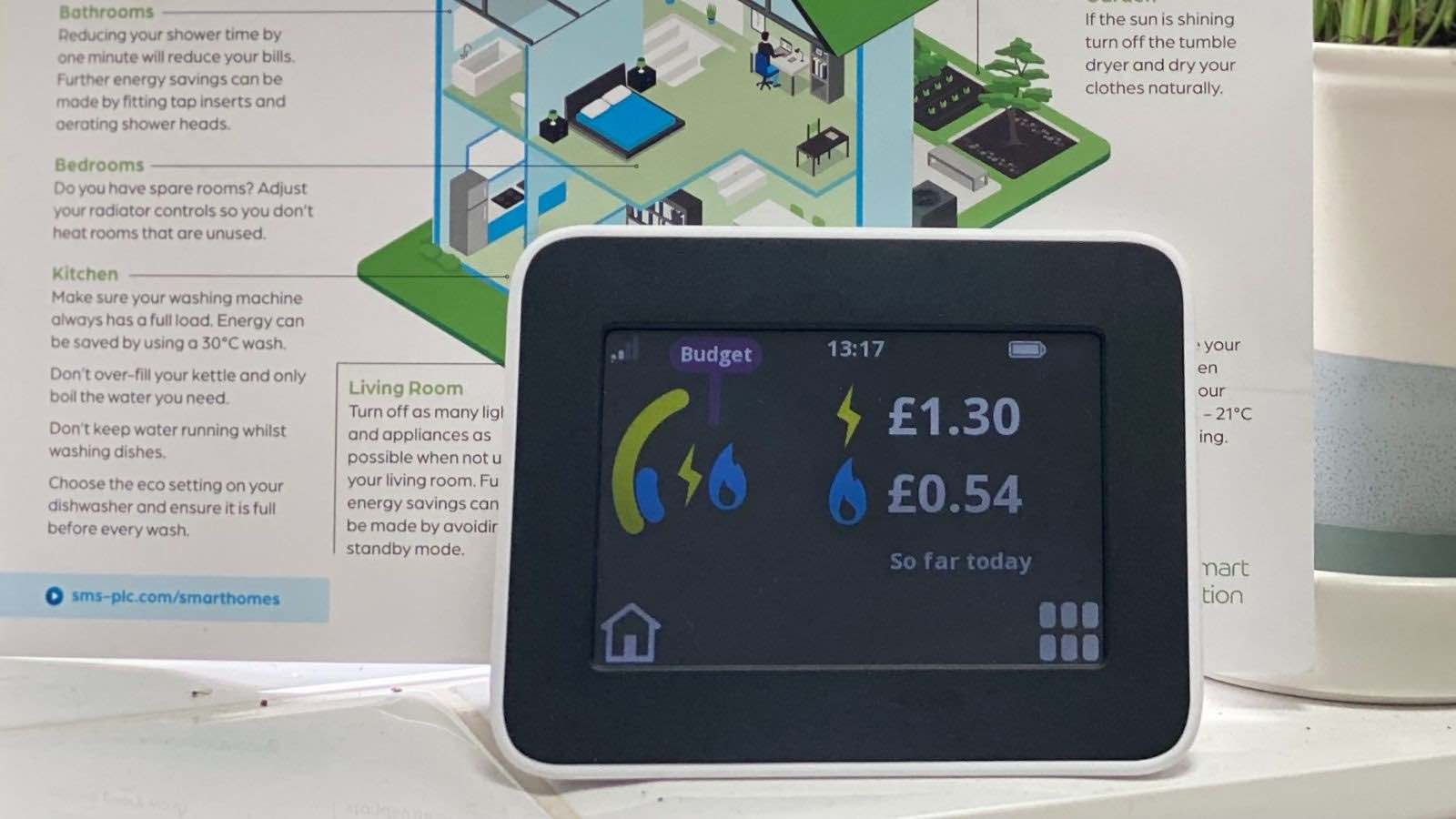Why research is nothing to be scared of
The last three years have been challenging to say the least. I say that from personal experience as well as reflecting the experience of others'.
There are problems – old and new - still to overcome and ideas to develop so that you can move forward more effectively. Maybe your first reaction is either to feel overwhelmed by the size of the task and give up or you find someone to come and do it for you.
The trouble is the first will get you nowhere and the latter can, if poorly commissioned, provide you with ineffective solutions.
What if you could take on this challenge more effectively for yourself?
When asked how you become a great tennis player, Arthur Ashe said:
“Start where you are. Use what you have. Do what you can.”
Following these principles can help you find the solutions yourselves and, where you can’t, pinpoint more accurately where and how you need the help of others to do so.
So let’s find a solution to that problem and make the ideas real.
Start where you are
What is the gap in what you know?
Before you go any further, stop. Where are you right now? What makes this issue a problem? Why is the idea so important? This might sound obvious but is so often overlooked.
At the same time, where do you want to be? What does the “end” look like?
In between these 2 points, there is something missing so you can get from A to B. Clearly identifying that gap is your first step to finding answers which make progress, the real purpose of research.
What can you do to fill them?
Use what you have
Before jumping to bring in consultants to do this for you, pause and think logically about the resources you already have access to that you can use.
How much information do you already have where the answers might be? Many of you will already have a wealth of data and information about your properties, tenants, and communities. Does any of this provide the information to answer the questions you currently have? Identifying what it doesn’t say enables you to focus your attention on filling those gaps in your knowledge.
What resources do you have access to that can bring the missing information together? Can you better utilise staff, tenants, and local communities to provide and gather the information you need by using what they know and what they have access to? Think creatively about how together you can provide and collate the information you need.
How can you make the most of free or low-cost research tools that are available to you to facilitate this? Tools for collecting this information, such as online surveys, are readily available and easy to use.
Whatever you utilise, knowing what you are looking for enables you to develop a practical plan for finding it.
Do what you can
By now you should be feeling a bit more confident about finding the answers. You know what you need to look for and you have a plan to go out and find it. But a word of caution. Answers rarely appear overnight or without effort.
But if you utilise your clear plan, take one step at a time, and remain focussed on your objectives the information will come together to fill many of the gaps you face right now.
Smarter Assistance
Doing your own research might take adjusting to. Developing key skills in these areas is a sustainable investment for the future of your organisation, your staff, and your communities.
Even if you can’t fill all of the gaps, narrowing them down to more specific missing information will allow you to commission smarter help from consultants and make better use of limited resources.
You may also be interested in
Thought, inspiration and how-to straight in your inbox - Sign up today
By subscribing you will receive our newsletter up to 4 times a year and occasional news of forthcoming events. You can unsubscribe at anytime.





